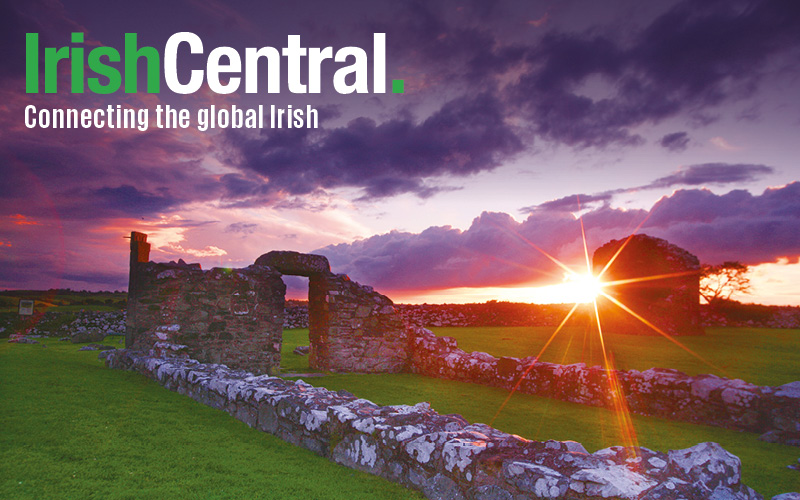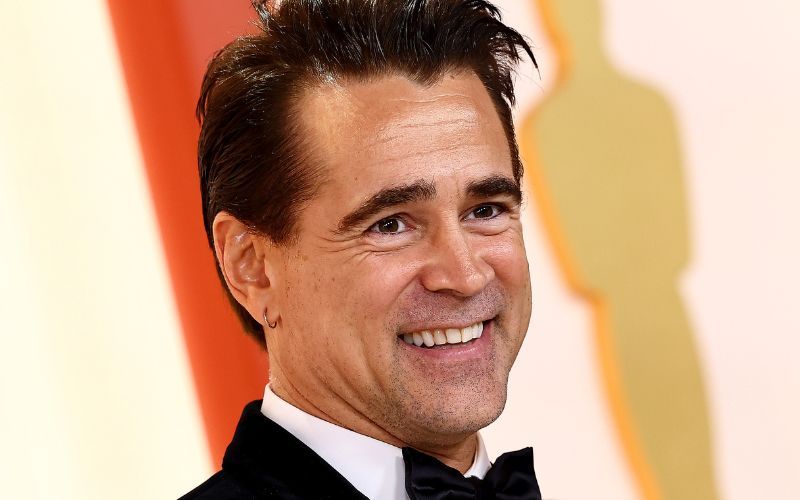When the Irish dance show, “Riverdance,” toured through South Africa in the 1990s many dance schools became interested in teaching the dance form. Irish dancing had been around in South Africa since the early 1900s, but it was limited to only a few dances taught in the traditional style. In 1997 contact was made with An Coimisiún le Rinci Gaelacha, an Irish dance association, and since that time, the teachers and dancers of some of those schools have found great satisfaction in teaching Irish dance.
Two of those schools include The Duncan Studio of Celtic Dance and DanceTrax Dance Studio. Both schools teach Irish, as well as other forms of dance, such as highland, hip hop, tap, and modern. Sue Theron, director of The Duncan Studio, located in Paulshof, Standton began her dance school in 1988, teaching highland dancing. She added Irish dancing to her repertoire in 1998.
"Over the years, I have enjoyed being instrumental in helping to develop confident, outgoing children and young adults who have been guided through the many challenges dancing offers in terms of inter-personal skills, self-awareness and confidence, respect for others, and the value of perseverance," Theron says.
Wendy Mays, director of DanceTrax Dance Studio in Parklands, Cape Town tells her dancers to let the rhythm run through their veins.
Mays said, "Seeing the dancers achieve that 'bounce' that they need to get off the floor (in order) to excel, and teaching an outreach program for underprivileged African children are very rewarding."
The Irish South African Association helps fund the outreach dance group that Mays volunteers her time to teach. The program serves 10 dancers aged 9 and 10 years old. Mays contributes costumes and the dancers are currently awaiting their first batch of second-hand hard shoes that are being collected by a generous sponsor.
"This program has made a huge impact on (the dancer's) lives," says May.
"They now have structure, discipline and exposure to a different culture and dance form than what they are used to."
Dancers from both schools have had opportunities to dance in performances and test their skills in competitions, all of which has increased their confidence. Some of them have even qualified for and danced at a world competition.
Teacher examinations will be held in South Africa in 2015, along with the first examination to test for adjudicators. Theron is pleased. "(The examinations) are a true reflection of the positive advancement and involvement of all our committed teachers," she says.
With each year that passes, South Africa is seeing growth in the Irish dance community.
"I have no doubt that Irish dancing will continue to flourish in South Africa," Theron says.
May agrees. "From where we started from, to where we are today, the dancers have accomplished so much," May says. "Irish Dancing in South Africa can only grow and get stronger from here."




Comments